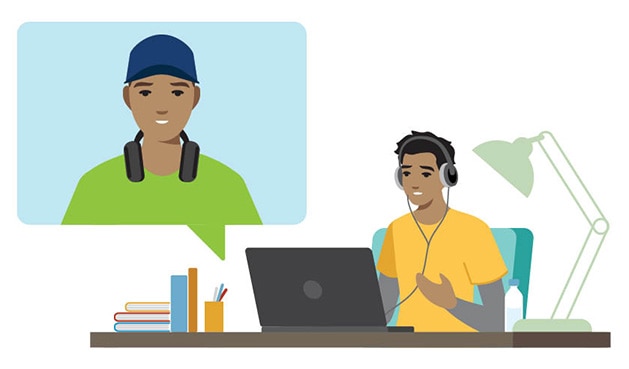Just like physical health, your mental health is influenced by a variety of factors, including genetics, brain chemistry, family history, and social and environmental factors. Physical health factors like nutrition and sleep can also play a role.
Experiences like the ones below can sometimes lead to mental health struggles — or make current ones worse. But just because your child experiences these issues doesn’t mean they have a mental health condition.
- Grief and loss
- Trauma, abuse, and violence
- Bullying
- Academic pressures
- Questions about sexual orientation or gender identity
- Issues with body image or self-esteem
- Social media and peer pressure
- Family issues like divorce or a parent losing their job
- Loneliness and isolation
- Racism and discrimination
- Political and civil unrest
- Global crises like climate change, social conflicts, and the COVID-19 pandemic












